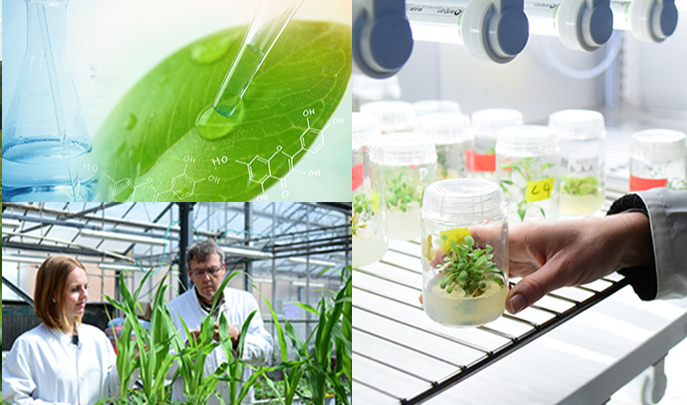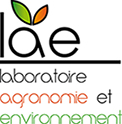Axe 1 : Plant-environment interactions
The general objective of Axis 1 is to characterize the beneficial interactions between plants and their environment in order to exploit the organisms and/or products of these interactions and develop new biosolutions that can help reduce the use of synthetic inputs in agricultural systems. The studies carried out concern :
- understanding the processes involved in plant-microbial community interactions in the soil-plant continuum (rhizosphere and endosphere), with a particular focus on the specialized metabolism of plants, which is essential for adaptation to their environment. The aim is to establish the relationships between the structure of the microbiota, the plant's metabolome and its performance (growth, nutrition, stress tolerance). These approaches should characterize the metabolites that play a role in the recruitment of microorganisms beneficial to the plant and in modulating community assembly. The aim is also to analyze how plant taxonomic and functional diversity influences plant-microbiota interactions. These studies are being carried out on different species of cultivated or model plants.
- Research into new microbial or plant biosolutions. Biomolecules from cultivated and medicinal species and libraries of microorganisms, previously characterized, can be used to develop biosolutions for agriculture, but also for other sectors such as pharmaceuticals and cosmetics.
Key words : Biomolecules (secondary metabolites, specialized metabolites, primary metabolism, chemical ecology), Soil microorganisms and endophytic microorganisms, beneficial microorganisms, damping-off pathogens, Interaction ecology (plants/microorganisms), Biosolutions : Biocontrol, Biostimulant, Biofertilizer
This area comprises 11 permanent staff and 12 contract staff: 8 teacher-researchers or engineers, 3 assistant engineers or technicians, 1 guest lecturer and 11 doctoral or post-doctoral students.



